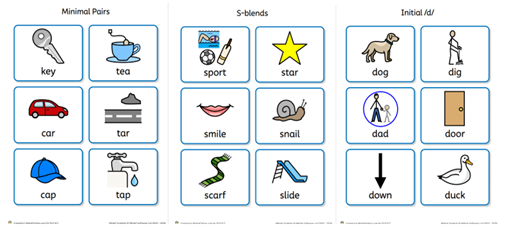How MAST Family Learning Mentors use community psychology to support vulnerable families and improve outcomes for children & young people
The essence of a thriving society lies in its ability to unite its members, fostering a sense of belonging and mutual support. However, in many communities, vulnerable families find themselves on the periphery, facing a myriad of challenges that hinder their full participation in community life. Bridging these gaps to help vulnerable families to best support their children and young people can often require a blend of compassion, understanding, and proactive measures. One of the central beliefs and values of MAST has always been to support a child’s and family’s needs in a holistic sense (outlined by Bronfenbrenner, 1989) rather than simply focusing on the individual child and ignoring the child’s wider environment (family and community.)
At the heart of bridging these gaps is the recognition of the unique challenges that vulnerable families face. These can range from financial instability and lack of access to healthcare, to social isolation and discrimination. Addressing these issues requires a holistic, relational, needs-led approach that can not only provide immediate relief but also strives to foster longer-term resilience.
How schools empower families
Education plays a pivotal role in bridging gaps for these families. Many of our partner schools in and around Plymouth offer parent support to help parents /carers with the knowledge and skills needed to improve their circumstances. This has sometimes included financial literacy workshops, parenting classes, cooking support, or vocational training programs. By equipping parents and carers with the tools they need to succeed, there is a hope we can support families to move forward successfully and independently.
MAST Family Learning Mentors and Community-based support networks
The Role of the Family Learning Mentor (FLM) is to help families navigate various challenges, recognise their own needs and barriers ranging from emergency or critical need, emotional and psychological issues to financial and practical concerns. FLM’s work closely with families to provide advice, assistance, and resources tailored to the families' specific needs by assessing and understanding the unique challenges and strengths of each individual family. FLM’s provide and offer advice on parenting, managing relationships, and coping strategies.
One effective strategy MAST family learning mentors use as we support parents and carers to move successfully towards their desired goals, is to link into community-based support networks. These networks can offer an initial lifeline to vulnerable families by providing access to essential services such as food banks and financial support to childcare and educational support. However, we also aim to use community networks and a collaborative approach with other local agencies to help to break down the barriers of isolation, allowing families to feel supported and valued and feel they continue and sustain longer lasting change.
Working together and supporting our communities
Ultimately, bridging the gaps between communities and vulnerable families requires a commitment to inclusivity and equity. It involves recognizing the inherent worth of every individual and working to ensure that everyone has the opportunity to thrive. By fostering a culture of compassion and collaboration, we aim to help build stronger, more resilient communities where all members feel valued and supported. This is not just a moral imperative but a practical one; a community that supports its most vulnerable members is one that is stronger and more resilient as a whole.
Disclaimer: The views and opinions expressed in blog posts are solely those of the individual author and do not necessarily represent those of Plymouth Learning Partnership CIC. The content is provided for general information and educational purposes only and should not be relied upon as professional or legal advice. Plymouth Learning Partnership CIC accepts no responsibility or liability for any errors, omissions, or actions taken in reliance on this content. The individual author is responsible for ensuring that any third-party material used (including text, images, and media) does not infringe copyright. Plymouth Learning Partnership CIC does not accept liability for any unauthorised use of copyrighted material by the individual author.








